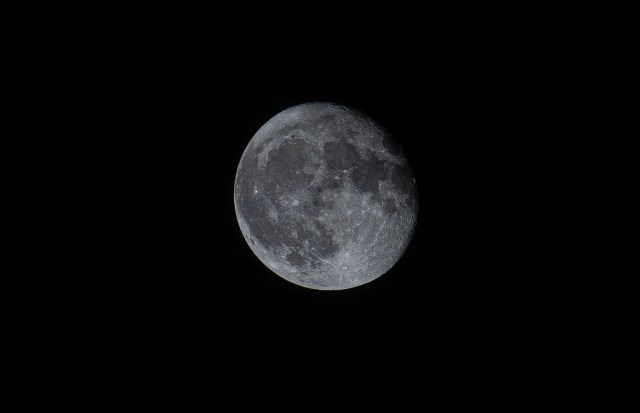Japan forced to call off first-ever unmanned Moon-landing attempt

I swear, one of these days, OMOTENASHI… Bang, zoom, right to the Moon!
It must be hard going to the Moon, and yet we rarely hear about the failed attempts to reach our rocky orbiting neighbor. Even that one time we sent Tom Hanks and Bill Paxton out there they managed to come back safely.
▼ Just look at these other guys! Playing golf like it’s some kind of country club…
But reaching the Moon clearly remains one of humankind’s greatest endeavors as only three nations have sent a spacecraft there so far: The U.S., Russia, and China. On 16 November, Japan set out to be the fourth with its OMOTENASHI unmanned spacecraft intended to land on the lunar surface.
The name OMOTENASHI is short for Outstanding MOon exploration TEchnologies demonstrated by NAno Semi-Hard Impactor. However, this great leap for acronyms is also a Japanese term that represents the spirit of hospitality which originated in tea ceremonies and became something of a buzzword in the run-up to the Tokyo Olympics.
On the other hand, the Japanese word “omote” can also mean “surface” or the “face” of something. When combined with the Japanese word “nashi” which can mean “none” or “nothing” the craft also had the foreboding homophonic meaning of “no surface” as in this thing won’t be reaching the lunar surface.
Shortly after OMOTENASHI detached from its American-made rocket that launched from Kennedy Space Center, communication with ground control was unstable. The problem persisted throughout its journey and its scheduled touchdown on the Moon on 21 November was declared impossible.
▼ News report showing a computer simulation of OMOTENASHI in inaction
The reason was that the communication issues made it difficult for the ground crew to orient the craft’s solar panel towards the Sun to recharge its battery – or to beat this linguistic dead horse a bit more: the Sun was making contact with “no surface” of the panels. This made it so that OMOTENASHI couldn’t adjust its trajectory and decelerate to the 180 kilometers per hour (112 miles per hour) needed to safely crash land on the Moon.
JAXA will continue to monitor the craft and if the situation improves, they may make a last-ditch attempt to bring OMOTENASHI down on the Moon. However, as things stand now, the lunar landing portion of this mission is considered a failure.
Readers of the news online were sympathetic that such an ambitious project didn’t work out, but less sympathetic over the choice of names for such a spacecraft.
“Why did they call something going to the surface of the Moon that?”
“They gave ‘omotenashi’ a bad name.”
“Maybe if they’d called it OMOTEARI [Japanese word for ‘surface present’], its solar panels would’ve known to face the Sun.”
“I guess the space environment was MOTENASHI [Japanese word for ‘not attractive’].”
“I heard they were having control issues but I didn’t know it was so bad.”
“Next time you try this, call it OMOTEMUKI [Japanese word for ‘towards the surface’].”
“That wasn’t a very good name.”
“Oh, they named it after the catchphrase from one of the lamest Olympics in history.”
“I heard that from the start the probability of this succeeding was under 10 percent, so as long as they learn from their mistakes it’s OK.”
“It’s all a learning process. It’s only over when they give up completely.”
It’s unfortunate because had OMOTENASHI reached the surface of the Moon, it would have become the smallest craft in history to have done so, measuring only 12 x 24 x 37 centimeters (650 cubic inches). On the bright side, it still looks poised to fulfill its other function of taking measurements of radiation levels in the lunar orbit to help the development of long-term plans to build a space station there under NASA’s Artemis program.
So even though what we have here is a failure to communicate, that little guy is still out there doing the best it can to help, and that’s what OMOTENASHI is all about.
Source: NHK News Web, Hachima Kiko
Top image: Pakutaso
● Want to hear about SoraNews24’s latest articles as soon as they’re published? Follow us on Facebook and Twitter!
Credit:

0 comments:
Post a Comment